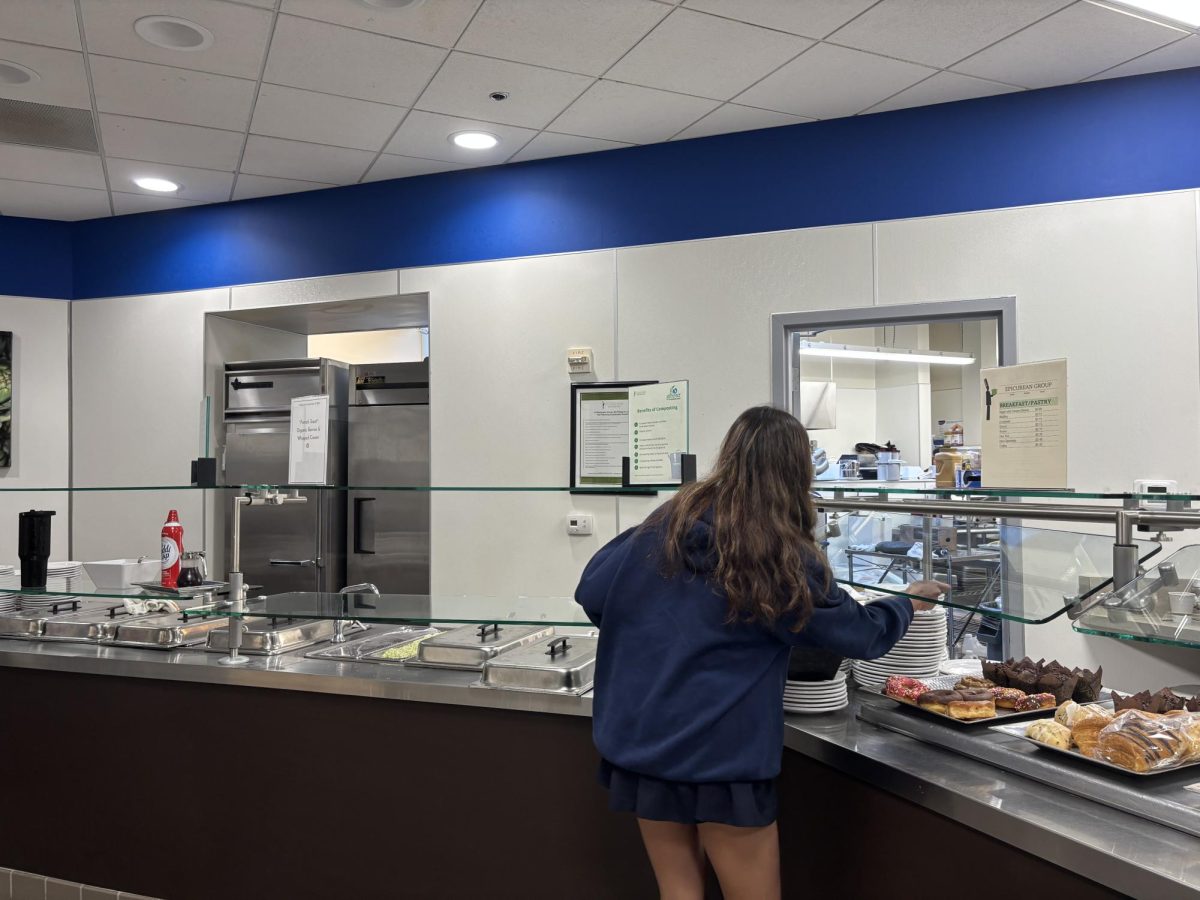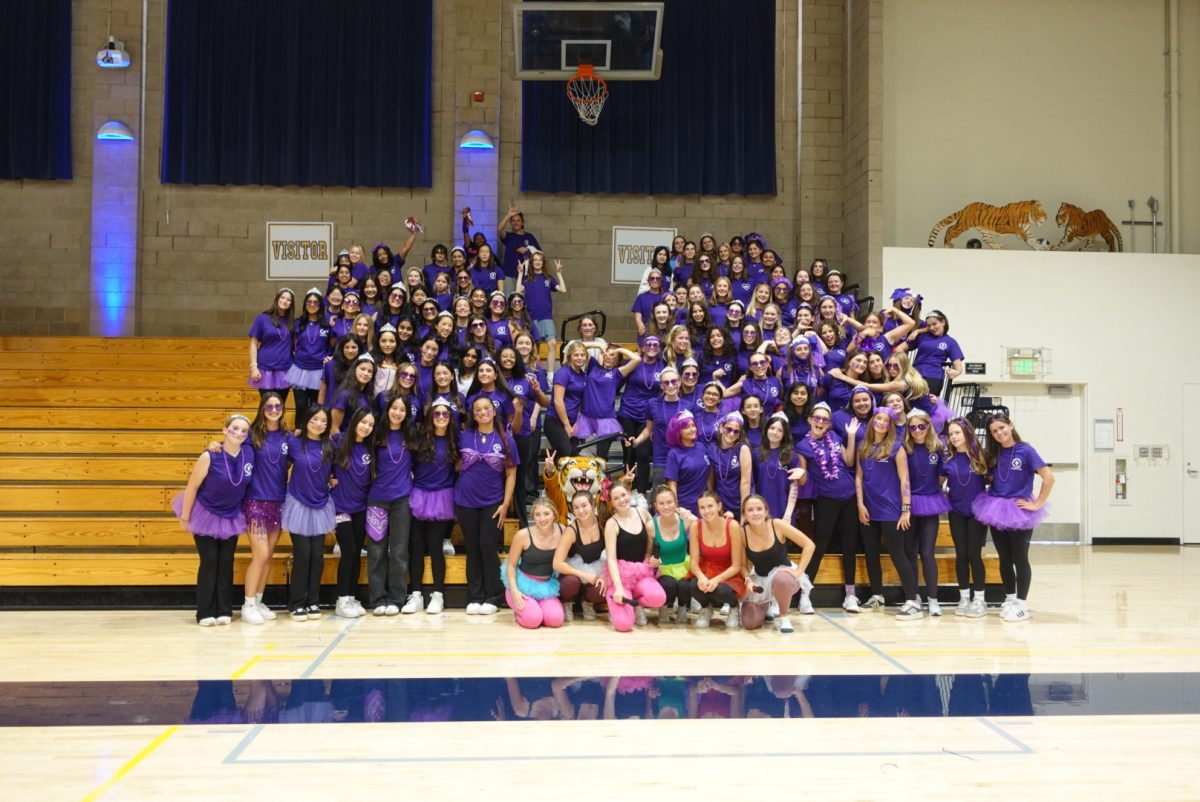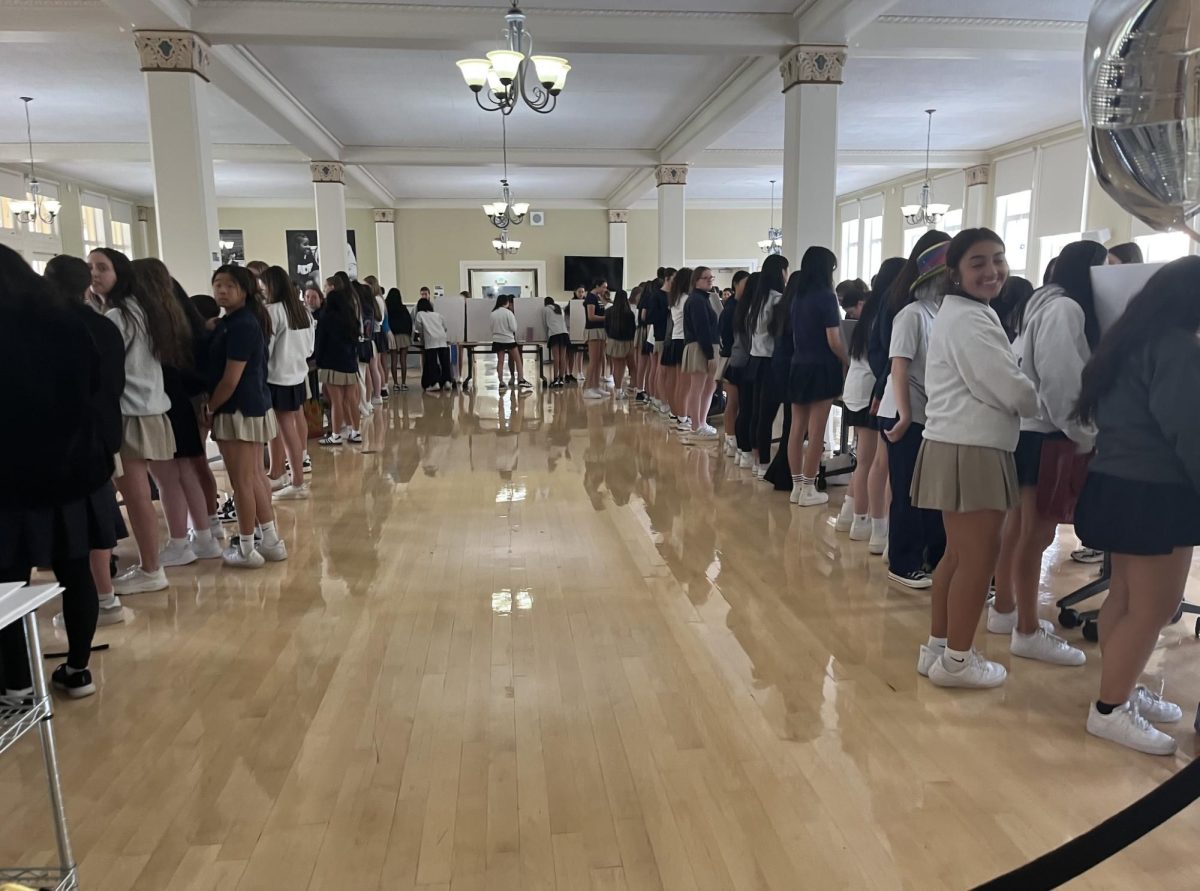Although most basketball fans are anxiously waiting to find out who will win the NCAA’s March Madness tournament this year, high school seniors are faced with a different type of madness as colleges start sending out their decisions before the April 1 deadline.
The college application process starts for many for many starts in the summer coming into senior year. But only now are seniors hearing back from a multitude of colleges that they applied regular decision to, as well as all of the University of California (UC) schools which come out sporadically throughout the month.
But the real start of the show started in December and January when a mass amount of deferral decisions were delivered in December and January to the applicants who applied for early action.
Dean of Academic Advisement, Kristi Rossi says that admissions this year have changed in major ways. Many schools have continued to stay test-optional since the start of COVID. Admissions continue to look over applications test-blind and find themselves reading applications through a more holistic approach.
“The big difference this year was with FAFSA financial aid, so the form was revised,” said Rossi.
The form was revised to be shorter, more straightforward and account for inflation. These revisions were added late, and the form was released in December rather than October. This was the main reason for colleges to release so many deferrals and waitlists. Colleges are still waiting to see how much money the US Department of Education will give families so that they can offer students a reasonable financial package.
Due to these delays, many colleges are also moving their Intent to Register date to early May, and some even June 1. Many students are planning to put a deposit on one school they got into, and wait to come off the waitlist of top choice schools in early to mid-summer. Many students will lose these deposits which can range from $300 to $600.
Seniors who have been deferred and waitlisted are not done with the process. Many schools encourage students to send a Letter of Continued Interest, letting students expand on activities that they did not include on their original application. Many colleges are also encouraging an additional Letter of Recommendation.
“Another important step is to keep your grades up,” said Rossi.
As students continue to work through this hard and extensive process, students must strive to finish strong.










